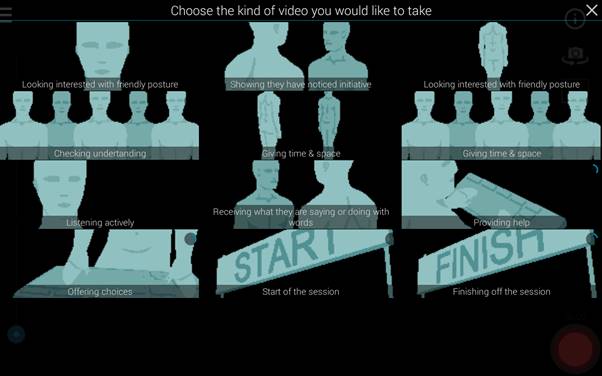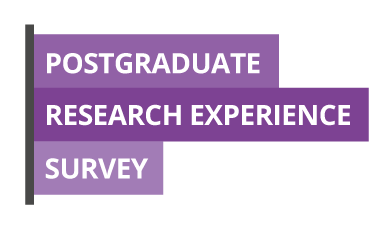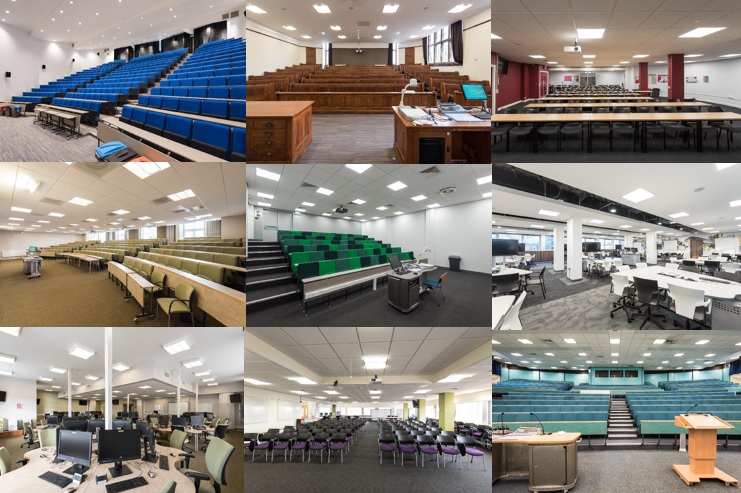UKCISA (The UK Council for International Student Affairs) is offering small grants for projects (£2,000) and research (up to £5,000) to support the international student experience. Continue reading “Funding Opportunity: UKCISA Supporting International Students”
Bootlegger, EventMovement and Open Lab
In our recent Pizza Pop and Practice event, Dr Ahmed Kharrufa and Dr Tom Bartindale from OpenLab let us loose on an app that Tom has been developing over the last few years called Bootlegger.
Bootlegger makes it easy to help people make videos together using mobile applications. One person creates a “Shoot” and invites others “the crew” to contribute. The Shoot contains a template with the set of shots required in the video. The crew sign into Bootlegger, join the shoot and then choose the shot to take from the template.
We used a template that Ahmed had offered to his students – one designed to help them capture feedback on Ahmed’s teaching. (A uniquely student centred view!)
Our film crew of 21 experimented and happily collected over 47 clips. Each person could then view all the clips in the shoot and curate a video by adding clips to a timeline.
Bootlegger made the process really easy and engaging.
You can find out more information about Bootlegger here:
- bootlegger.tv
- https://bootlegger.tv/howtobootleg
- The App can be downloaded from the Google Play and iTunes stores.
Ahmed also introduced us to how the Event Movement site https://eventmovement.co.uk/ site could be used to enable students to co-design teaching sessions.
Ideas in Event Movement move through stages Promote -> Get involved -> Plan it. Students were invited to contribute ideas for a teaching session, they could vote on the proposed topics and once the topic of the event was selected could get involved in co-designing the session – proposing and voting on different ideas. Ahmed’s slides from the session give further details.
To hear about future NUTELA events sign up to our mailing list.
PRES & PTES: Record Response Rates, High Satisfaction
Record Response Rates
Both the Postgraduate Research Experience Survey and the Postgraduate Taught Experience Survey closed with the highest response rates that Newcastle University has ever achieved at 65% and 57% respectively.
This is a fantastic achievement which would not be possible without the continued support and promotion of the surveys from colleagues across the university, thank you!
High Satisfaction
In terms of Newcastle’s overall satisfaction rate for the PRES, 85% of students agreed with the statement ‘Overall, I am satisfied with the experience of my research degree programme’. This represents an increase of 2% on 2015, and is 3% higher than the Russell Group average.
Also in the PRES, over 90% of students agreed that their supervisor has the skills and subject knowledge to support their research and that they have regular contact with their supervisor that is appropriate to their needs. This represents an increase of 2% on 2016
In the PTES Early results show that satisfaction has remained high with over 90% of students agreeing that staff are good at explaining things and are enthusiastic about their teaching.
For further information regarding student surveys please visit our webpage.
Workshop: Exploring career development via teaching and learning
Workshop: Exploring career development via teaching and learning
3rd July 2017 – The Core
This one-day workshop is for all academic staff interested in developing their career on the basis of teaching.
This interactive day will involve: identifying activities that may lead to reward and recognition, reflections from successful colleagues both internally and externally, and developing action plans.
It will be a space to discuss approaches to building your career, gaining internal, or external, validation of excellence and to consider your individual development path.
See the programme of the day: programme_final
Places are limited. To attend please complete the booking form.
Next NUTELA event: Open Lab showcase
All are welcome to the final NUTELA 3Ps event (Pizza, Pop and Practice) of the academic year:
Show and TEL and Have a Go: Open Lab.
7th July 2017 Bamburgh Room – Kings Road Centre. 12:00- 14:00. Continue reading “Next NUTELA event: Open Lab showcase”
Upcoming HEA Events
The Higher Education Academy have just released their list of upcoming events which can be found here http://mail.heacademy.ac.uk/12ZA-4Z4E8-CB5ILPSUD6/cr.aspx.
Please note the University is a Strategic Partner with the HEA and we are entitled to get the relevant rate for events. (You can check the rate by going to the information about the event and selecting Newcastle university in the Price details box.)
Note there is an early bird booking discount until the end of July.
Postgraduate Taught Experience Survey: Open Now
The Postgraduate Taught Experience Survey (PTES) will remain open until Friday 16th June. 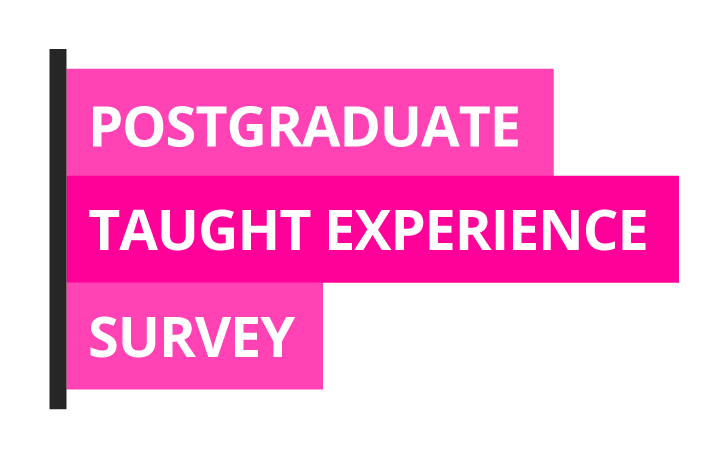
The PTES asks postgraduate taught students in universities across the United Kingdom about their course and their learning experiences.
What is it?
The survey asks eligible postgraduate taught students about the whole student learning experience including;
- motivations for taking the programme
- information they were given to help choose their programme
- their experience of teaching and learning
- the organisation of the programme
- assessment and dissertation (or major project)
- career development
Why is it important?
The survey presents an opportunity for students to shape the student experience: the feedback we receive is valuable in helping to enhance the postgraduate taught experience at Newcastle.
Incentives
All the respondents are entered into a prize draw (see terms and conditions). In 2017, the prizes include:
- 1st Place prize: 9.7-inch iPad Pro (one available to win)
- 2nd Place prizes: iPad mini 4 (two available to win)
- 3rd Place prizes: £20 Amazon gift card (20 available to win)
Further details and support can be found on the LTDS webages. If you have any specific questions please contact LTDS@ncl.ac.uk
Feeling Connected
LTDS hosted the first of our Feeling Connected events last week. The series is all about how to help to engage large students cohorts in the classroom and beyond. In this initial session we considered how to engage students in the lecture.
Tony Chapman-Wilson brought an actors perspective on how to get the best out of, and look after our voices. He had us humming, thinking about our diaphragms and tripping over tongue twisters.
Sue Gill spoke about Powerpoint as an aid; we presented feedback from the recent TEA awards from NUSU on what student appreciate; heard top tips from colleagues via podcasts and Dr Alison Graham rounded the session off with real examples and insights from her use of the OMBEA student response system.
Handouts
- Tony’s handout: The Voice
- Slides used in the session: combined slide-set (pdf)
Podcasts
We interviewed Dr Sylvia de-Mars, Dr Julian Knight and Dr Keith Brewster and shared their insights in the session.
The links below take you to the recordings on ReCap.
- How do you approach planning a session? (03:49)
- How do you make connections and be confident? (03:06)
- How do you maintain attention and keep students involved? (04:46)
- What do students appreciate? (02:40)
- What advice would you give? (02:53)
Thanks to all who attended and contributed to a lively session, and to and to colleagues who gave up their time to contribute before and after.
Insights from NUSU Teaching Excellence Awards (TEAs)
Rowan South and Dr Joe Barton from NUSU talk about what students value:
Next in the series…staying connected
Our next Feeling Connected event will focus on how to stay connected between lectures. It will take place on Tuesday 19 September in the Herschel Learning Lab and have a hands-on feel. You can book via our web-page: http://www.ncl.ac.uk/ltds/about/training/feelingconnected/
Learning and Teaching Conference 2017: Reimagining Teaching Excellence
In 2017 the Newcastle University annual Learning and Teaching Conference took place on 27 March 2017.
Conference theme: Reimagining Teaching Excellence
Newcastle’s commitment to excellent teaching is at the heart of our University mission, and is crucial to our aim of providing an educational experience that challenges and supports our students to fulfil their potential. At a time when external agencies are seeking to define this for us, it is more important than ever that we have a clear understanding of what we as an academic community understand by learninhe phrase ‘teaching excellence’.
Teaching excellence was therefore the focus of the 2017 Conference and the programme for the day provided an opportunity to:
- hear an external view point on teaching excellence from keynote speaker Paul Blackmore – Professor of Higher Education at The Policy Institute, King’s College London
- hear about what our staff and students view as teaching excellence
- see examples of teaching practice and innovation from across the institution
- contribute to how the University will pursue excellence in learning and teaching in the future through a session on the development of our new University Learning, Teaching and Student Experience Strategy.
Resources From The Day
Introduction Presentation from Professor Suzanne Cholerton
PowerPoint slides and ReCap recording
Keynote – Professor Paul Blackmore – Professor of Higher Education at The Policy Institute at King’s College London
PowerPoint slides and ReCap recording
Teaching Excellence at Newcastle
Newcastle Educators Group – Dr Vanessa Armstrong (Biomedical Sciences), Dr Sara Marsham (Marine Science & Technology) and Dr JC Penet (Modern Languages)
PowerPoint slides and ReCap recording
Teaching Excellence Awards (TEAs)
Chris Duddy (Education Officer, NUSU), David Jones (Assistant Development Officer, HaSS Faculty) and Joe Barton (Representation Support Worker, NUSU)
PowerPoint slides, ReCap recording and TEAs Report 2016
Development of Learning, Teaching and Student Experience Strategy
Facilitated by Craig Smith from Flint Spark Consulting.
PowerPoint slides and ReCap recording (audio only)
Herschel Learning Lab – experiences of use
Mrs Ulrike Thomas – Research Associate, Education Communication and Language Sciences) PowerPoint slides
Dr Ellen Tullo – Lecturer, Biomedical Sciences PowerPoint slides
Professor TT Arvind – Professor of Law, Newcastle Law School PowerPoint slides
Dr James Stanfield – Lecturer, Education Communication and Language Sciences Website
Miss Katie Wray – Lecturer, SAgE Faculty Office PowerPoint slides
Posters
View the list of poster presentations at the 2017 Learning and Teaching Conference, and view the posters online.
Student trade fair: come along to this a student, industry and academic event
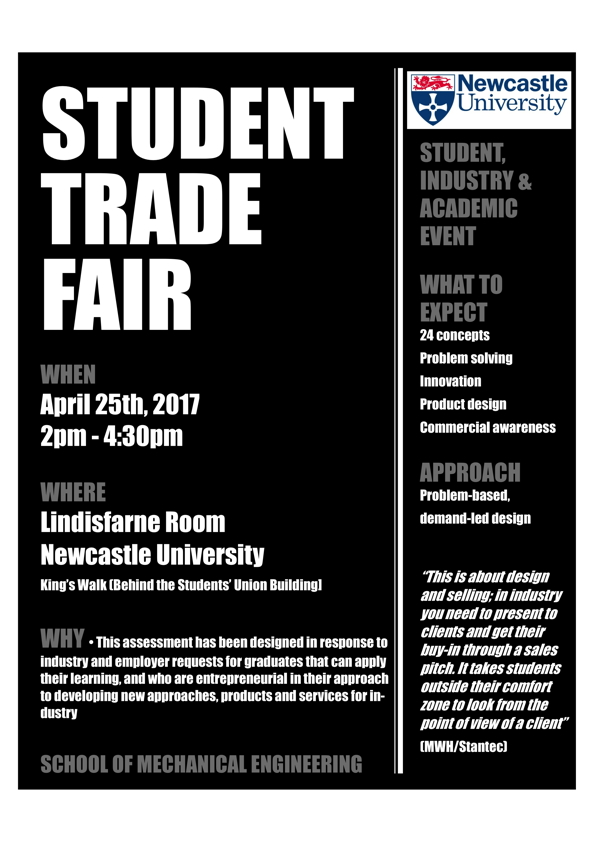
Anyone is welcome to come along to this exciting student trade fair.
- Designed in response to industry and employer requests for graduates that can apply their learning, and who are entrepreneurial in their approach to developing new approaches, products and services for industry.
- A chance for students to showcase their problem solving, innovation, product design and commercial awareness skills through problem-based, demand-led design.
This is about design and selling; in industry you need to present to clients and get their buy-in through a sales pitch. It takes students outside their comfort zone to look from the point of view of a client
(MWH/Stantec)
Mechanical Engineering Trade Fair
25 April 2017
2pm to 4.30pm
Lindisfarne Room
Kings Road Centre
There is another Trade Fair for Computing Science on 2 May:
Computing Science Trade Fair
2 May 2017
2pm to 4.30pm
Lindisfarne Room
Kings Road Centre

